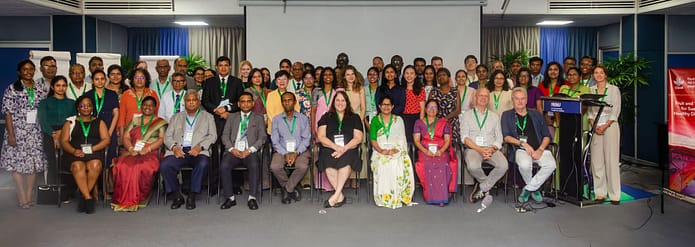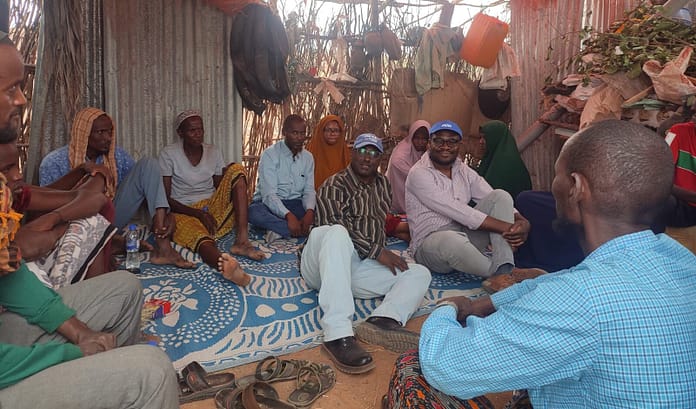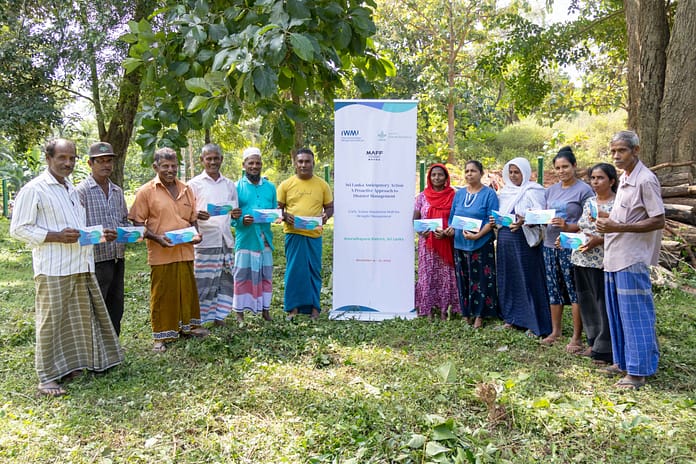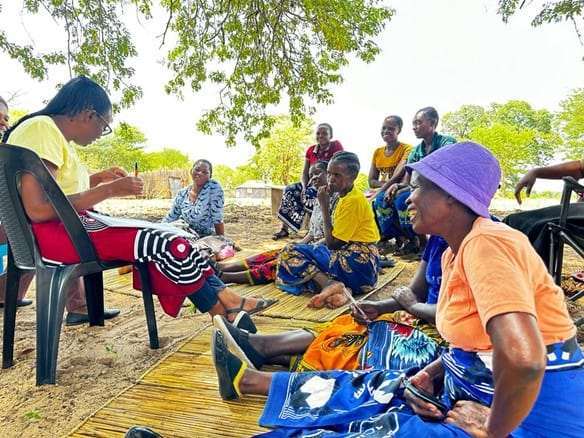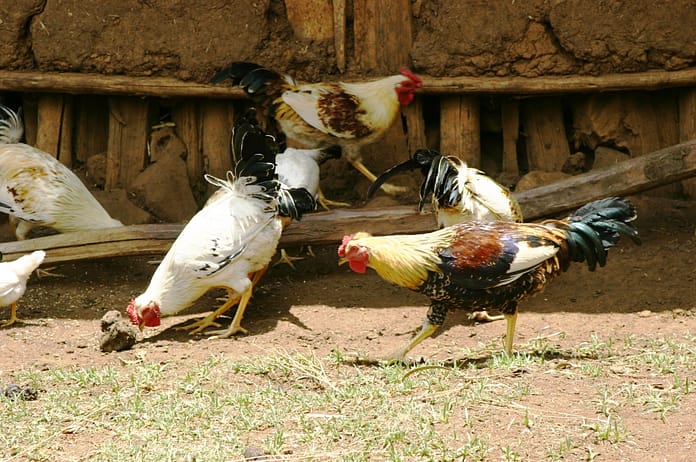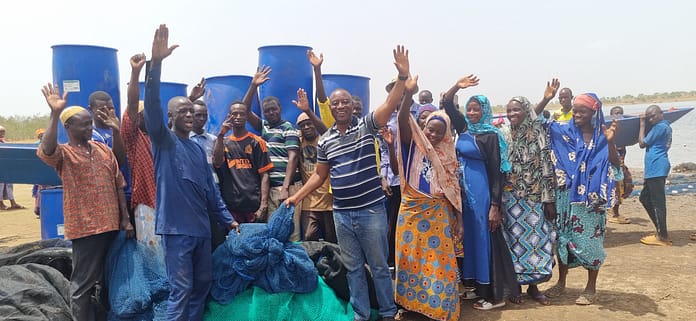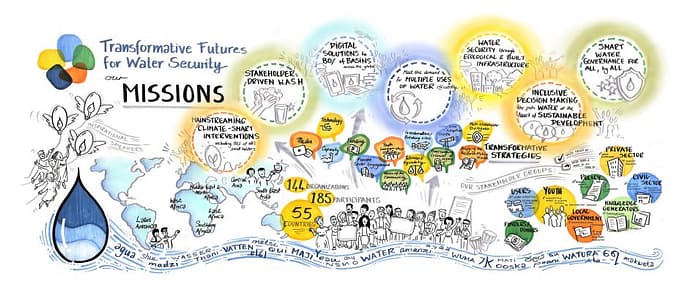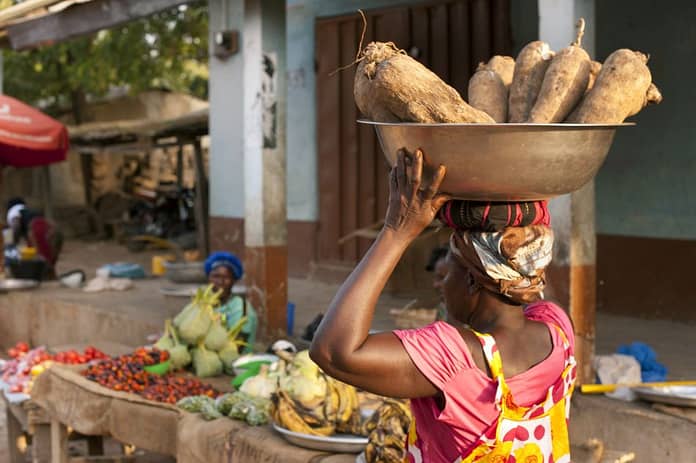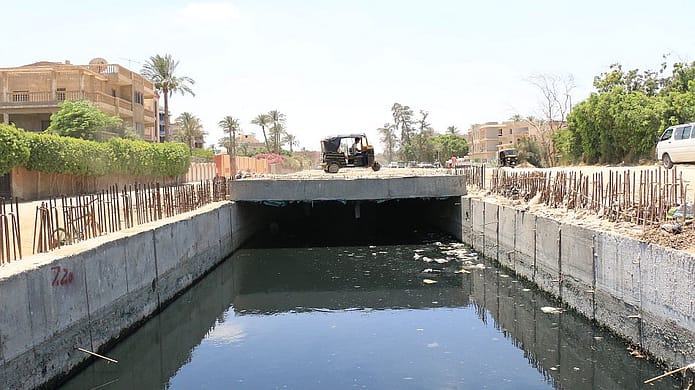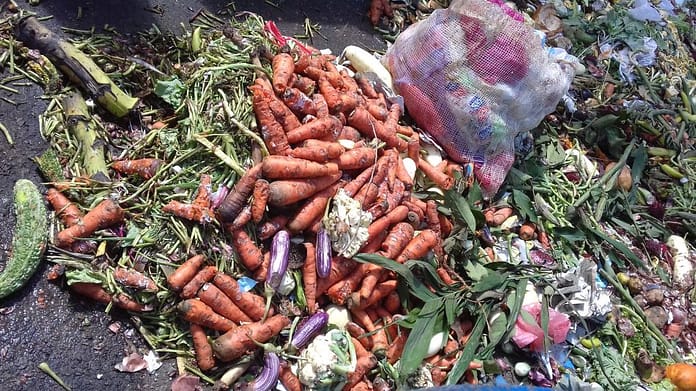By Hauke Dahl, Scaling Lead – East and Southern Africa, International Water Management Institute

There are 1.5 billion people living in Fragile and Conflict Affected Settings (FCAs), at present. Their livelihood challenges, including food, fertilizer, and input prices are compounded by climate change, unsustainable resource consumption, poor governance, weak social cohesion and migration. Economic disruptions, such as those caused by COVID-19 and the war in Ukraine, are sparking the risk of food and nutrition crises, poverty and conflict traps. These are very real and urgent challenges which the International Water Management Institute (IWMI) is looking to address by strengthening the resilience of food, land and water systems in FCA contexts.
Innovative problem solving to build resilience
The equitable transformation of global food systems was a key focus of Tropentag 2023 in Berlin, an interdisciplinary conference focusing on agriculture, natural resource management and rural development. The topics ranged from agroecology to inclusive value chains, food security and climate change to animal husbandry and resilience of food systems. I presented IWMI’s work through the Stability-and-Peace Accelerator (SAPA), a new mechanism aimed at supporting food, land and water systems innovators in FCA settings. SAPA is part of CGIAR’s Fragility, Conflict and Migration (FCM) initiative. Our goal is to help communities confront the challenges of food and nutrition security, build climate resilience, social cohesion, and ensure sustainability in migrant and host communities. These are steep, unfolding challenges, requiring new and innovative thinking. SAPA supports high potential innovations and innovators through grants, promotes capacity building of innovators with a local footprint and harnesses the immense technical expertise of CGIAR scientists to support these innovators.
Strength in partnerships
Partnerships are a vital component of our work in vulnerable communities. IWMI and CGIAR have linked up with the World Food Programme’s (WFP) Innovation Accelerator, which is seeking solutions to end hunger worldwide. Together, we are using cutting-edge research and data-driven solutions to identify and support best practices in food systems innovation, food security, sustainable resource management and climate security. This collaboration highlights the challenges faced in fragile settings, allowing for context-specific interventions that can effectively address the issues experienced in FCAs.
Tackling big challenges requires big thinking. We want to reduce poverty, address food and nutrition insecurity, build climate resilience, advance social equality and promote sustainability in emergency and humanitarian settings by providing targeted support for innovators with proven solutions. This partnership increases our opportunities for success, pairing WFP’s operational expertise and strong local networks with CGIAR’s research and innovation capacity. By accessing specialized knowledge within the FCM initiative, IWMI/CGIAR and WFP are looking to scale climate-smart and science-based solutions that are sustainable and inclusive.
Innovating our way to a better future
SAPA will support eight local innovators over the course of two years. The first cohort, launching in 2024, will identify and support the development of an innovator in Mozambique, Nigeria, Yemen and Jordan, respectively. In each country, the local activities will be co-led by CGIAR research centers with relevant expertise, such as the International Institute of Tropical Agriculture in Nigeria and IWMI in Jordan. To ensure a demand-driven approach, we are currently undertaking a market analysis which allows us to map out the different actors involved in stimulating and growing food, land and water systems innovations in the humanitarian-development-peace nexus, a coordinated approach to promoting the transformation of crises and conflicts into long-term peace. We then assess the role of these different actors to explore how to increase resilience. Ultimately, the program is an opportunity to use the CGIAR portfolio in the FCM initiative to support and stimulate sustainable development, peace building and crisis response.
As the year draws to a close IWMI will continue to share our expertise and innovations. This week we will be in Egypt for Cairo Water Week sharing our work as a co-lead of the CGIAR Initiative on Fragility, Conflict and Migration. Keep an eye out for more information on how to attend the event in person and online.


